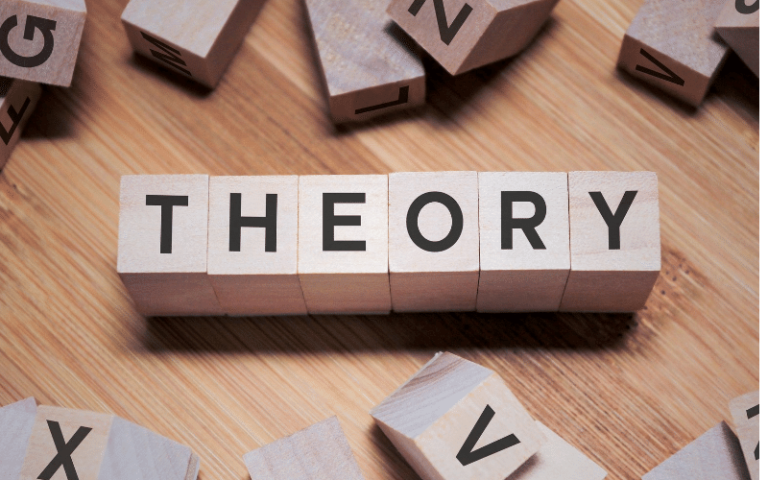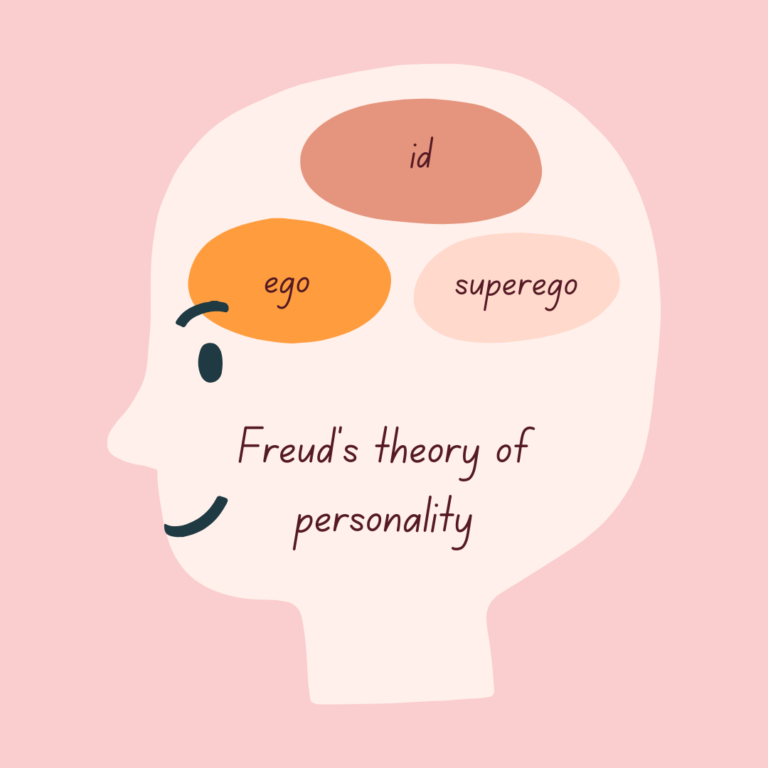What Are Psychological Theories?
Psychological theories provide the framework for understanding human behavior. Explore the key concepts that have shaped how we think, feel, and act in the world around us.

Psychological theories provide the framework for understanding human behavior. Explore the key concepts that have shaped how we think, feel, and act in the world around us.

Operant conditioning is a learning process that utilizes reinforcement and punishment to modify behavior. Learn more about how it works.

Classical conditioning is a learning process in which a neutral stimulus is paired with another stimulus that naturally produces a response. After repeated pairing, the previously neutral stimulus begins to evoke the response all on its own. Examples of classical conditioning include Pavlov’s experiment with dogs salivating at the sound of a bell and fear…

Social learning theory, also known today as social cognitive theory, is a theory proposed by psychologist Albert Bandura that explains how people learn through observation, imitation, and modeling. This model of learning suggests that both environmental and cognitive factors play a critical role in the acquisition of knowledge. In this article, learn more about the…

Cognitive dissonance, the mental discomfort from holding conflicting beliefs, reveals how we rationalize choices and strive for inner consistency.

The id, ego, and superego are important are components of personality in Freud’s psychoanalytic theory. Learn more.

All parents have their own approach to child-rearing, but psychologists have also identified distinctive parenting styles that can impact child development. Today, psychologists suggest that there are four major parenting styles: As you might imagine, these different parenting styles are marked by distinctive behavior and communication patterns. These parenting styles can play an important role…